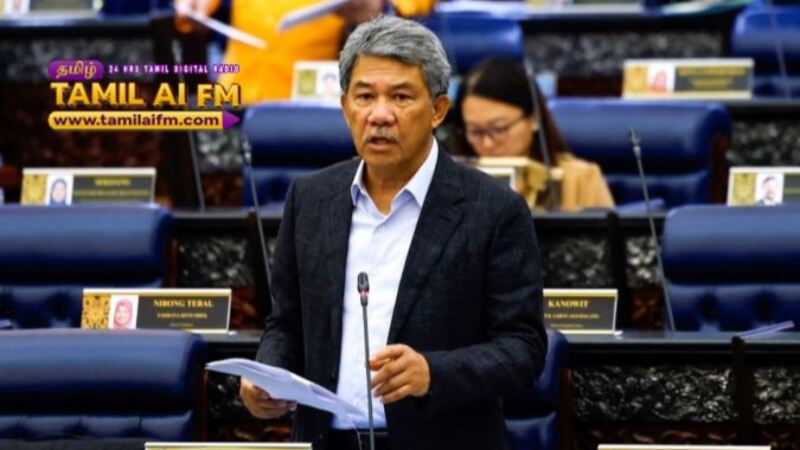KUALA LUMPUR, Nov 10 — Chinese authorities arrested the highest number of Malaysians involved in online scam operations from abroad, Foreign Minister Datuk Seri Mohamad Hasan told Parliament today.
Mohamad revealed that 837 Malaysians had been apprehended for suspected internet-based scams spanning several countries as of November this year and from the total, 545 of them were in China.
The minister then described the arrests as a stain to Malaysia’s image.
“From this, 505 of them were men and the rest women,” he said during Question Time.
“Thousands more had been arrested for other offences. The number I mentioned was just for online scams. And this is a problem for our country. We should be trying to bolster our image but instead many of ours were arrested for offences that shame our country,” he added.
Mohamad said by ethnicity, Malaysian Chinese accounted the most number of arrests, at 765.
The number of ethnic Malays and Indians arrested were 35 and 33 respectively.
After China, Singaporean authorities arrested the most number of Malaysians for online scams operating from abroad.
A total of 162 people were apprehended on Singaporean soil, with men making up the bulk of the arrests.
There were also Malaysians arrested in Japan, South Korea, Thailand, and Indonesia, although Mohamad said they accounted for a small number of arrests.
Asia, particularly South-east Asia, is considered a central hub for online scams, with major operations concentrated in areas like Cambodia, Myanmar, Laos, and the Philippines.
These operations are often run by transnational organised crime groups that exploit weak governance, economic disparities, and rapid digitalisation.
Many of these crime groups are reportedly from China.
The Association of South-east Asian Nations (Asean) has adopted a Declaration on Countering Cybercrime and Online Fraud, which includes plans like the Plan for Action in Combating Transnational Crime (2026-2035).
The bloc said the plan will focus on strengthening regional cooperation through measures like intelligence sharing, improving digital security, and establishing anti-scam centres.







